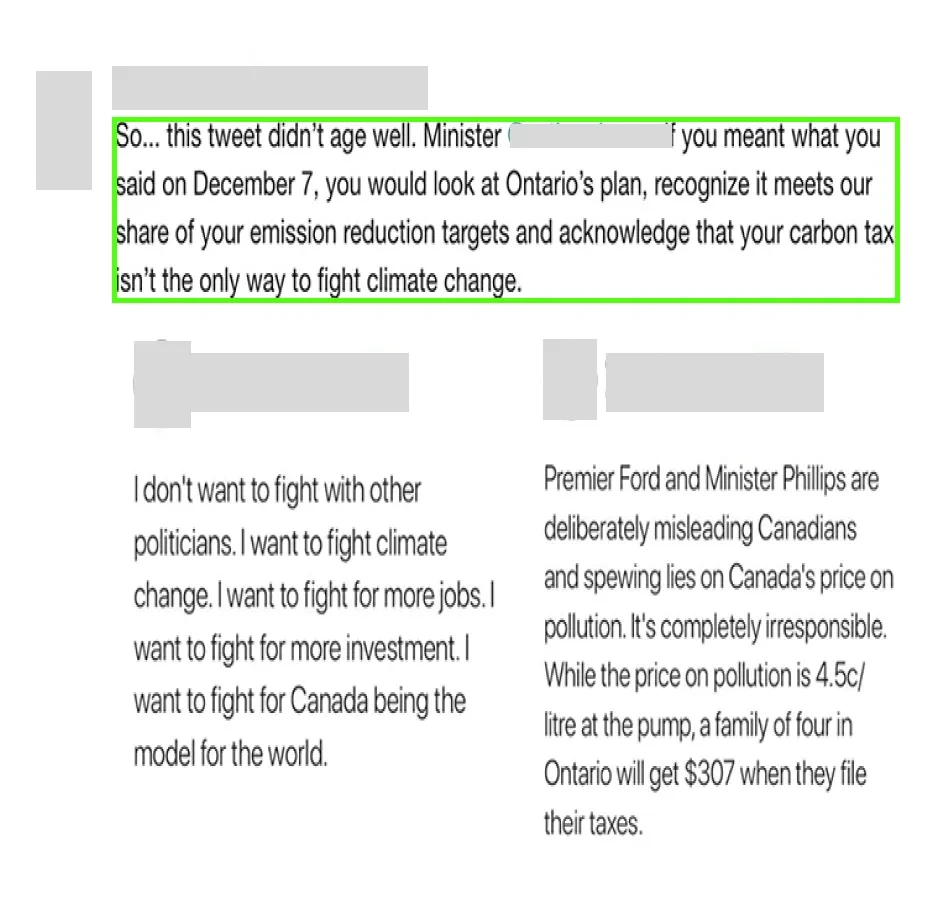Sentiment Analysis for Political Campaigns
Home » Case Study » Sentiment Analysis for Political Campaigns
Project Overview:
Objective
The “Sentiment Analysis for Political Campaigns” project aims to create a dataset for training machine learning models to accurately analyze and classify public sentiment expressed in political discourse, campaign speeches, and social media discussions. This dataset will provide valuable insights for political campaigns, policymakers, and researchers to gauge public opinion and tailor their strategies accordingly.
Scope
This project involves collecting textual data related to political campaigns from various sources, including social media platforms, news articles, campaign speeches, and online forums, and annotating them with sentiment labels.




Sources
- Social Media Platforms: Gather publicly available text data from social media platforms, including Twitter, Facebook, and Instagram, featuring political campaign-related discussions.
- News Articles: Access online news articles and publications covering political campaigns and election-related topics.
- Campaign Speeches: Collect transcripts of political campaign speeches delivered by candidates and politicians.
- Online Forums: Extract relevant content from online forums and discussion boards where political campaign discourse occurs.



Data Collection Metrics
- Total Political Campaign Text Entries: 50,000 entries
- Social Media Platforms: 25,000
- News Articles: 10,000
- Campaign Speeches: 10,000
- Online Forums: 5,000
Annotation Process
Stages
- Sentiment Annotation: Annotate each political campaign text entry with sentiment labels, such as “Positive,” “Negative,” “Neutral,” or more specific emotions like “Angry,” “Excited,” “Disappointed,” etc.
- Metadata Logging: Log metadata, including the source of the text, publication date, and any relevant keywords or hashtags.
Annotation Metrics
- Political Campaign Text Entries with Sentiment Labels: 50,000
- Metadata Logging: 50,000




Quality Assurance
Stages
Annotation Verification: Implement a validation process involving sentiment analysis experts to review and verify the accuracy of sentiment labels.
Data Quality Control: Ensure the removal of irrelevant or spammy text entries from the dataset.
Data Security: Protect sensitive information and adhere to privacy regulations, especially when dealing with user-generated content.
QA Metrics
- Annotation Validation Cases: 5,000 (10% of total)
- Data Cleansing: Remove irrelevant or spammy entries
Conclusion
The “Sentiment Analysis for Political Campaigns” dataset is valuable for understanding public sentiment and its dynamics during political campaigns. With accurately labeled political campaign text entries and comprehensive metadata, this dataset empowers political campaigns, policymakers, and researchers to gauge public opinion, track sentiment trends, and make data-driven decisions. It serves as a foundation for developing advanced sentiment analysis models and tools that can enhance campaign strategies and provide valuable insights into the political landscape.

Quality Data Creation

Guaranteed TAT

ISO 9001:2015, ISO/IEC 27001:2013 Certified

HIPAA Compliance

GDPR Compliance

Compliance and Security
Let's Discuss your Data collection Requirement With Us
To get a detailed estimation of requirements please reach us.
